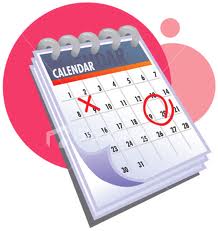THE WINNER’S JOURNEY TIP #4: TALLY YOUR RESULTS!
 TALLY YOUR RESULTS: If your wins are consistently small and your losses are consistently big, then quit trading or continue to play small for the love of the game. Leave your serious money in low-risk stable investments for the long-term.
TALLY YOUR RESULTS: If your wins are consistently small and your losses are consistently big, then quit trading or continue to play small for the love of the game. Leave your serious money in low-risk stable investments for the long-term.
It’s always wise to take a periodic inventory of your investment results. If there’s a consistent pattern of losing, you may have a hidden flaw in the way you play the game. In many cases, emotional self-sabotage can prevent even smart investors from winning — regardless of the actual strategies they may employ.
Until you find and fix the flaws in your game, it makes no sense to increase or continue your current level of play in the stock market. A lack of consistent positive results means that there is something wrong in either your thinking, feeling, and/or actions regarding your stock market investments.
Comment: If you are getting angry, frustrated, disappointed, bitter, or depressed about how stock market trading or investing, it simply means that there is something that you don’t fully understand…. understand about the stock market, understand about your investing tactics, or understand about yourself.
*************
“Most new investors try various markets, lose money, and finally acquire some knowledge through bitter experience. This is roughly analogous to learning how to drive by having a series of accidents.”
Samuel Case ~ Author of The First Book of Investing (1999)








